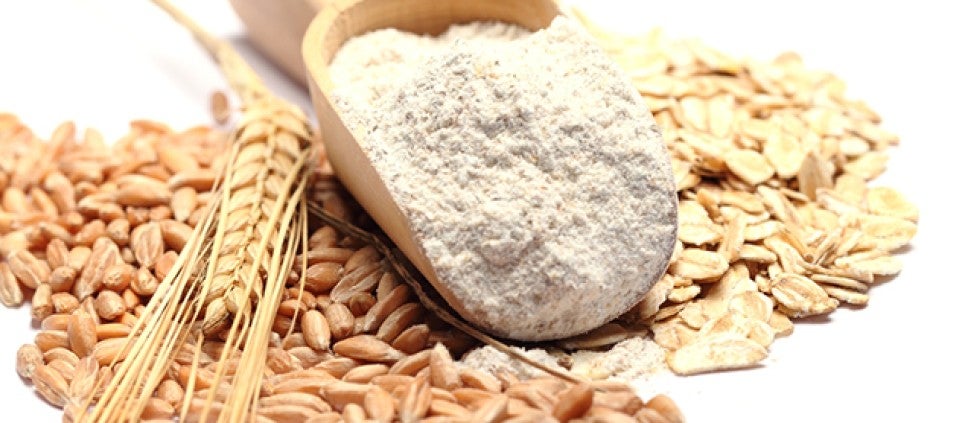Nutrition Notes: The Nutritional Benefits of Grains

Grains have a wealth of benefits to offer, from fiber to plant proteins to phytonutrients and B vitamins. There is a caveat, however. You can only reap these benefits if you’re eating whole grains.
When grains are refined (a process in which the outer bran and inner germ are removed), they can be made into a wide variety of cheap foods that will last almost indefinitely, but deliver few nutrients. Refined grains act more like sugar in the body, which may make them easy to overeat. But as you make the switch to whole grains—and become more attuned to what real foods taste like—you can savor the fullness of a whole grain right down to the flavor of its germ. Your body, and your taste buds, will thank you.
You may have heard a lot about gluten lately, the protein responsible for the wonderful chewy texture of breads and other baked goods. It’s true that many people are sensitive to gluten, which has helped spark a deep exploration of gluten-free grains like millet and amaranth, and alternative sources for flour, like coconuts and garbanzo beans. But for the majority of us who digest gluten well, wheat, rye, and other whole grains with gluten remain a wonderfully healthful choice.
With a bit of inspiration and a willingness to get creative, it’s easy to tune into the allure of whole and gluten-free grains, and discover the ones you love best.
© Kripalu Center for Yoga & Health. All rights reserved. To request permission to reprint, please e-mail editor@kripalu.org.
Annie B. Kay, MS, RDN, E-RYT 500, C-IAYT, is an author, nutritionist, Kripalu faculty member, and important voice in whole-foods nutrition and yoga.
Full Bio and Programs